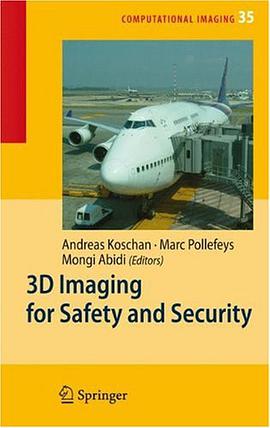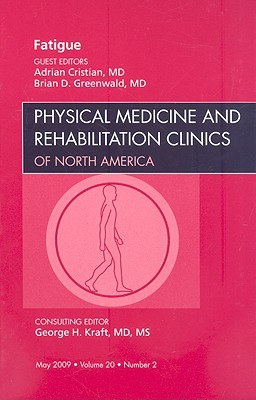

具体描述
In recent years, an alternative to the traditional class-based object-oriented language model has emerged. In this prototype-based paradigm, there are no classes. Rather, new kinds of objects are formed more directly by composing concrete, full-fledged objects, which are often referred to as prototypes. When compared to class-based languages, prototype-based languages are conceptually simpler, and have many other characteristics that make them appealing, especially for the development of evolving, exploratory and/or distributed software systems. The distinction between class-based and prototype-based systems reflects a long-lasting philosophical dispute concerning the representation of abstractions. Class-based languages, such as Smalltalk, C++ and Java, explicitly use classes to represent similarity among collections of objects. Prototype-based systems, such as Self, NewtonScript and Omega, do not rely so much on advance categorization, but rather try to make the concepts in the problem domain as tangible and intuitive as possible. A typical argument in favor of prototypes is that people seem to be much better at dealing with specific examples first, then generalizing from them, than they are at absorbing general abstract principles first and later applying them in particular cases. This book presents the history and development of prototype-based programming and describes a number of prototype-based programming languages and applications. Such range from programs for portable digital appliances, graphical user-interface management systems for desktop and workstations, and cutting edge research on software visualisation and program restructuring. The book will be suitable for advancedsoftware development practitioners, graduate students, and researchers active in the field.
作者简介
目录信息
读后感
评分
评分
评分
评分
用户评价
相关图书
本站所有内容均为互联网搜索引擎提供的公开搜索信息,本站不存储任何数据与内容,任何内容与数据均与本站无关,如有需要请联系相关搜索引擎包括但不限于百度,google,bing,sogou 等
© 2026 book.wenda123.org All Rights Reserved. 图书目录大全 版权所有




















